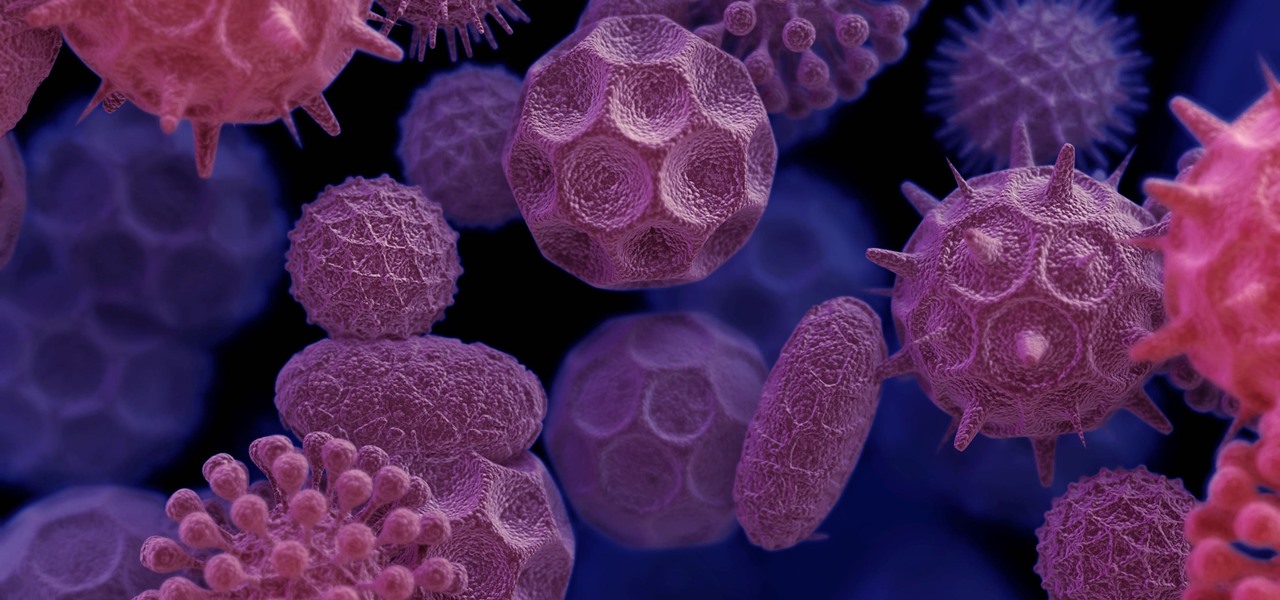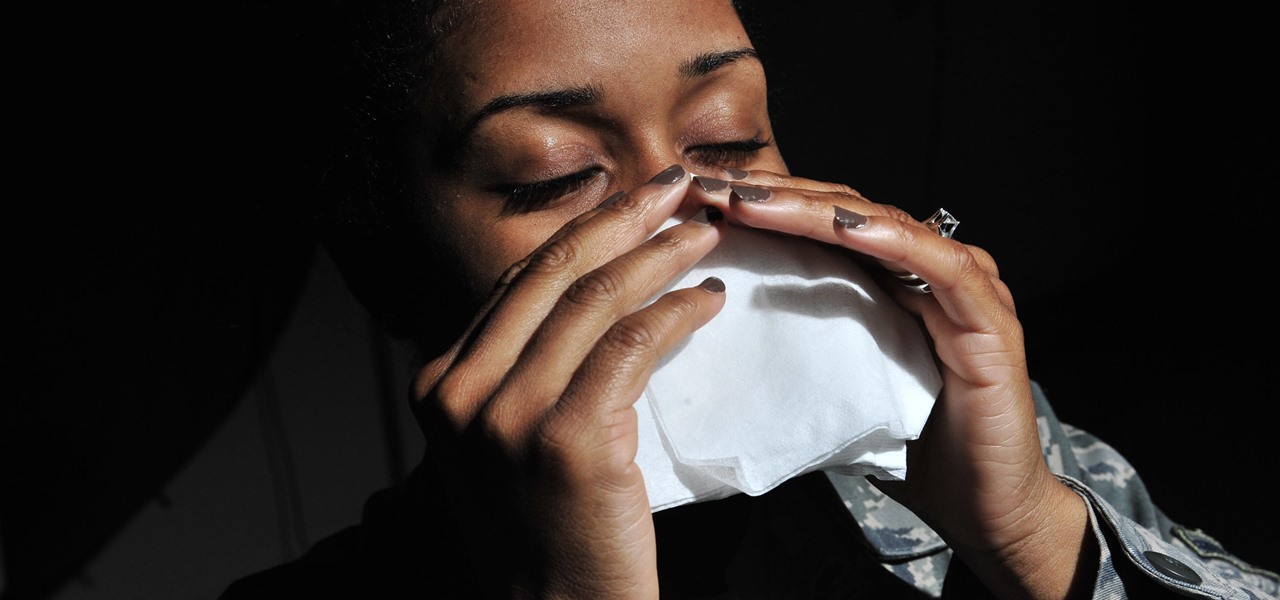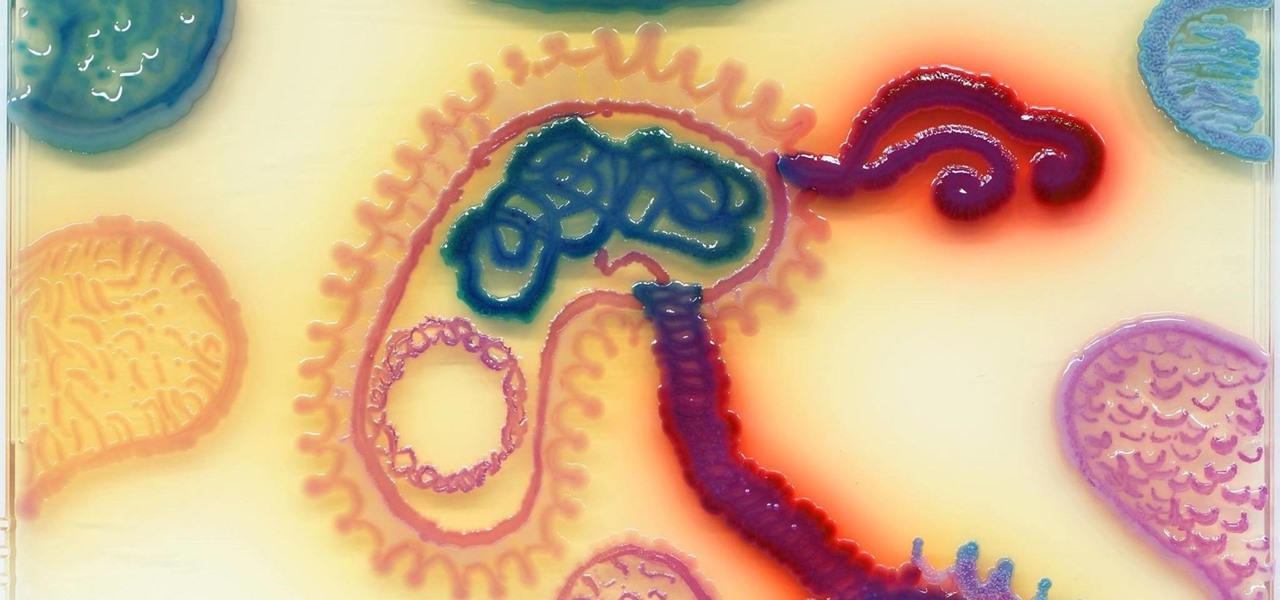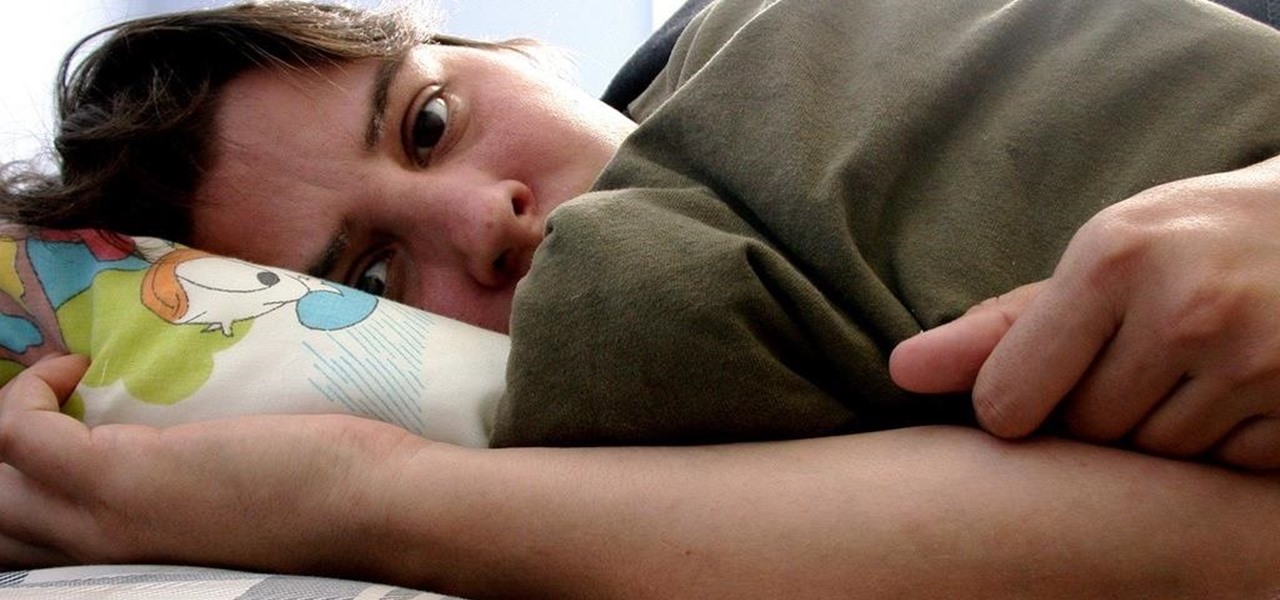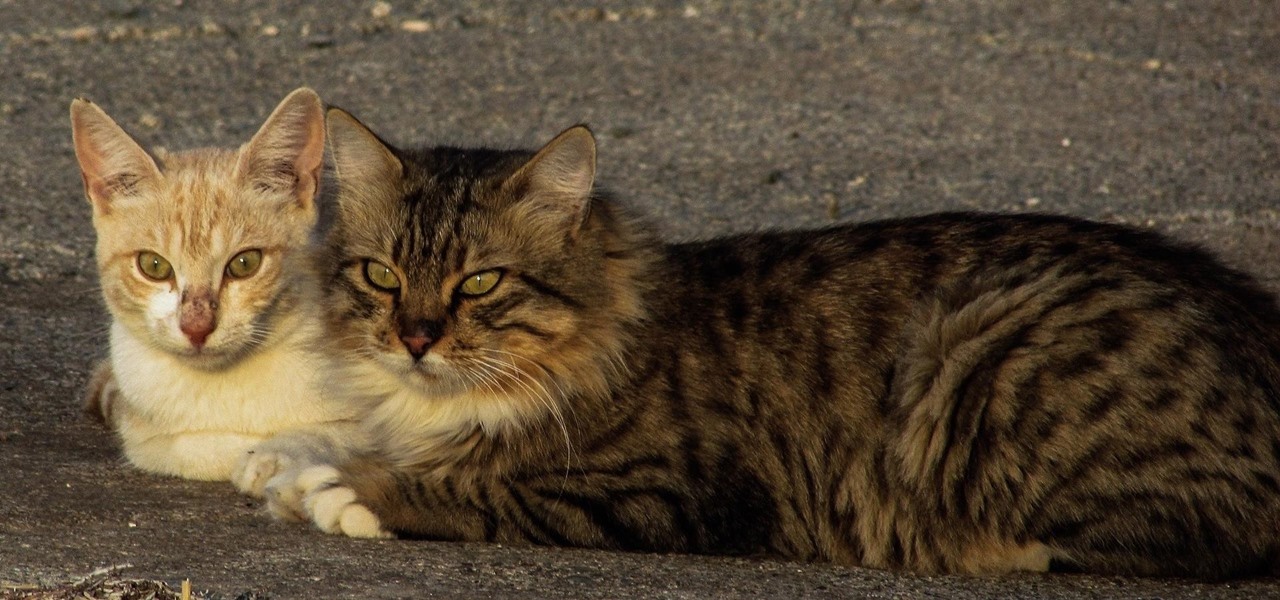Invisiverse News

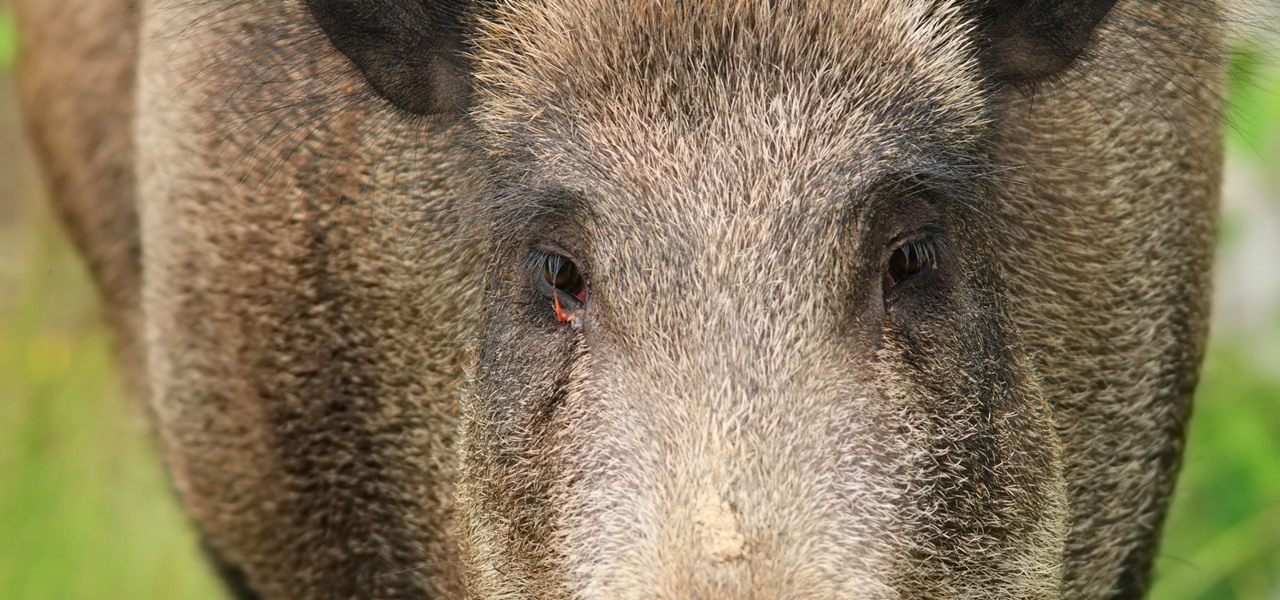
News: How Humanity's Choices in Brazil Brought Together Bats & Pigs in a Melting Pot of Diseases
Ecosystem changes caused by agricultural choices in Brazil are creating a dangerous microbe mix in exploding populations of vampire bats and feral pigs.
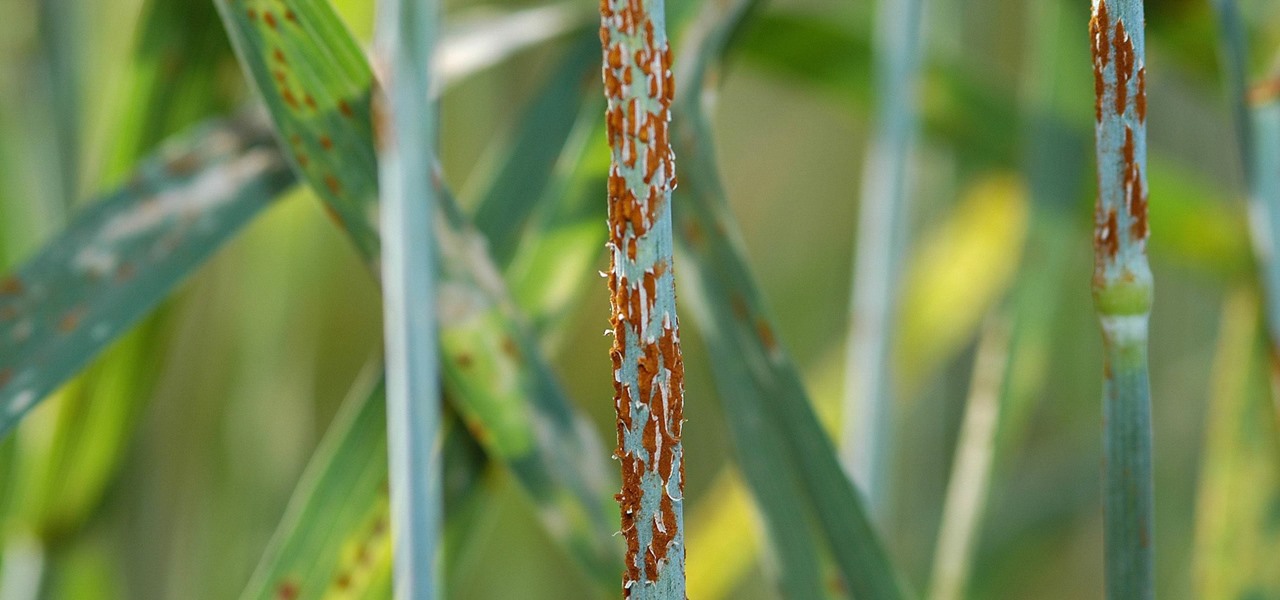
News: Bye Bye, French Bread & Pasta—There's a Fungal Outbreak Killing Europe's Wheat Crops
We may not fully appreciate all the important roles wheat plays in our lives until it's gone—or at least, when it's in very short supply. What would a world be like without bread, cakes, cereal, pasta, or wheat beer? If the dire warnings about an impending stem rust fungus come to pass, we may know all too soon.

News: A Compound from This Florida Weed Could Kill Deadly MRSA Staph Infections
A rose by any other name may smell as sweet, but one annoying invasive weed may hold the answer to treating the superbug MRSA. Researchers from Emory University have found that the red berries of the Brazilian peppertree contain a compound that turns off a gene vital to the drug-resistance process.
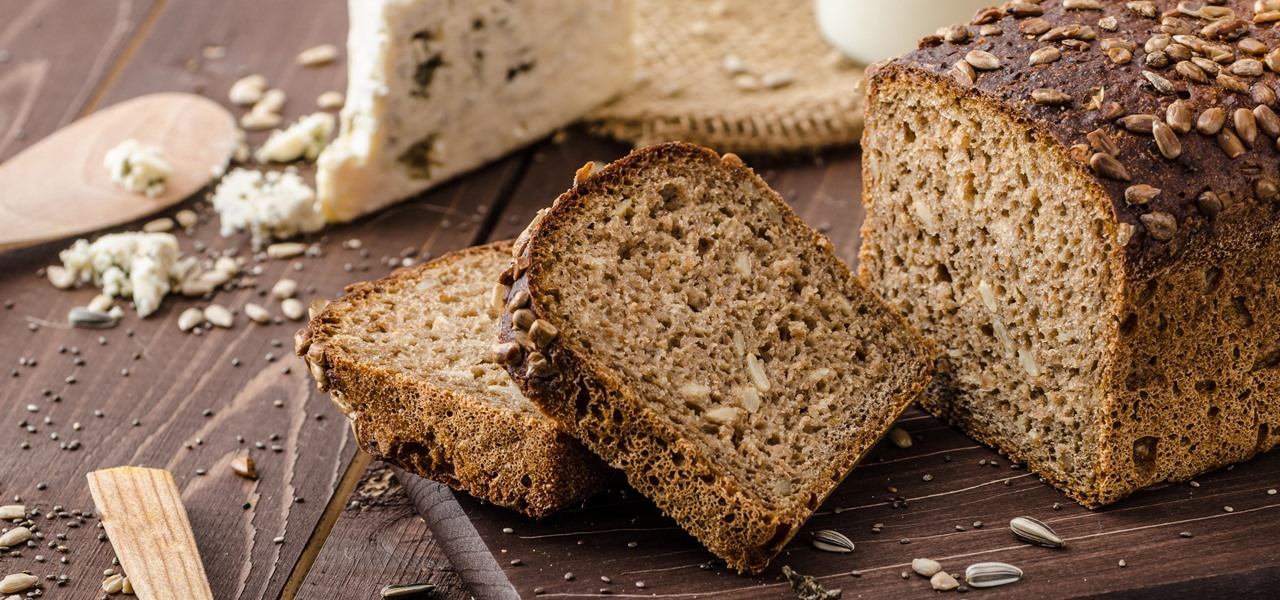
News: Nix the Grain Brain & Anti-Gluten Train—It's Good to Eat Whole Grains
With new diet and health claims coming at you everyday, it's sometimes hard to know what to believe. Well, here's a bright spot: A pair of studies confirm that whole grains are healthy for you, and for the diversity of microbes living in your gut.
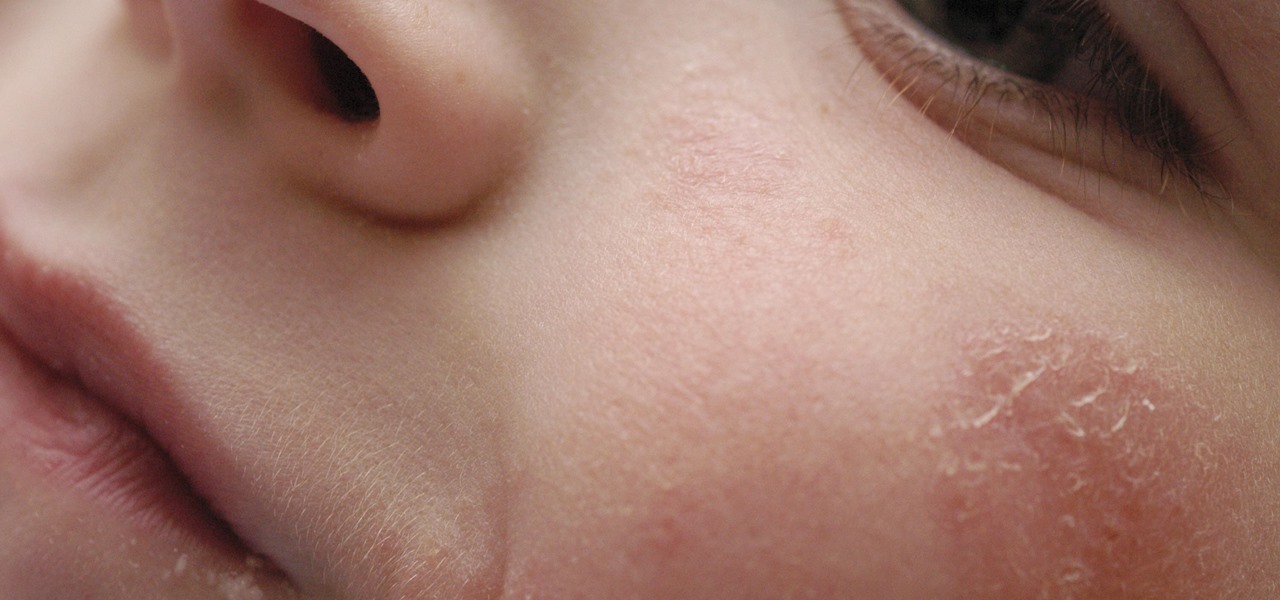
News: New 'Personalized Lotions' Made of Good Skin Bacteria Can Prevent Infections, Including MRSA
Most people know atopic dermatitis by its common name, eczema—that dry, flaky skin that itches incessantly. Along with the scratching comes frequent skin infections, often with Staphylococcus aureus.

News: Infections During Pregnancy Could Impact Baby's Brain; Genital Herpes Linked to Increased Autism Risk
Maternal infection with genital herpes, or other pathogens, during early pregnancy could increase risk of autism, or other neurodevelopmental disorders, says a new study.

News: Cats May Drive You Crazy, but They Won't Make You Mentally Ill
Even if your cat drives you a little nuts, don't worry, because a new study says that cats pose no risk to your mental health.

News: Listeria May Be a Cause of Early Undiagnosed Miscarriage
New research suggests the bacteria that causes listeriosis may be a bigger threat in early pregnancy than previously thought. Usually considered a danger to late pregnancy, scientists suggest early undiagnosed miscarriages could be caused, in some cases, by infection with Listeria.

News: A Rare Disease Outbreak in the Bronx Linked to Eewww Source—Rat Pee
Every year, 100-200 people in the US contract leptospirosis, but usually 50% of the cases occur in Hawaii where outdoor adventurers are exposed to Leptospira bacteria found in freshwater ponds, waterfalls, streams, and mud. That's why it's so alarming that two people in the Bronx have been diagnosed with the disease and a 30-year-old man has died from it.

News: Bill Gates Says Bioterrorism Could Kill Millions in a Pandemic—Here's How & What to Do
At a global security conference in Munich, philanthropist and businessman Bill Gates spoke about the next pandemic and a dire lack of global readiness. Here's how his statement could come true—and how to be ready when it does.
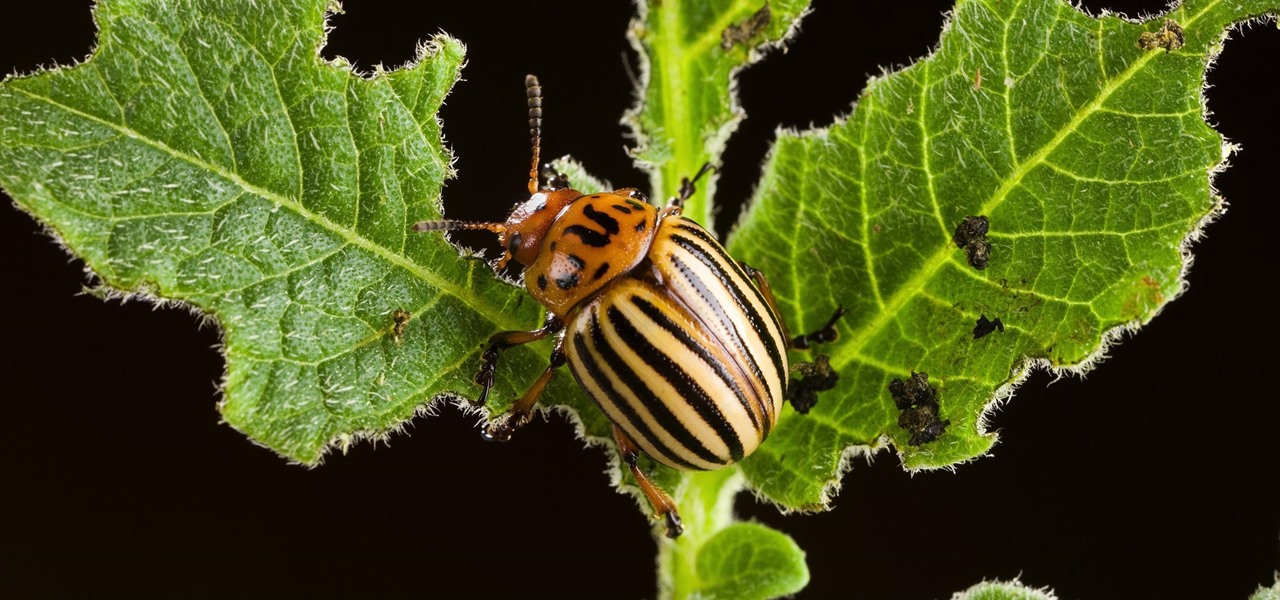
News: Bacteria Turn Off Plant Genes to Help Parasites Destroy Billions of Dollars of Crops Every Year
Before you bite into that beautiful tomato in your garden, the tomato fruitworm, or the Colorado potato beetle, might have beat you to it.
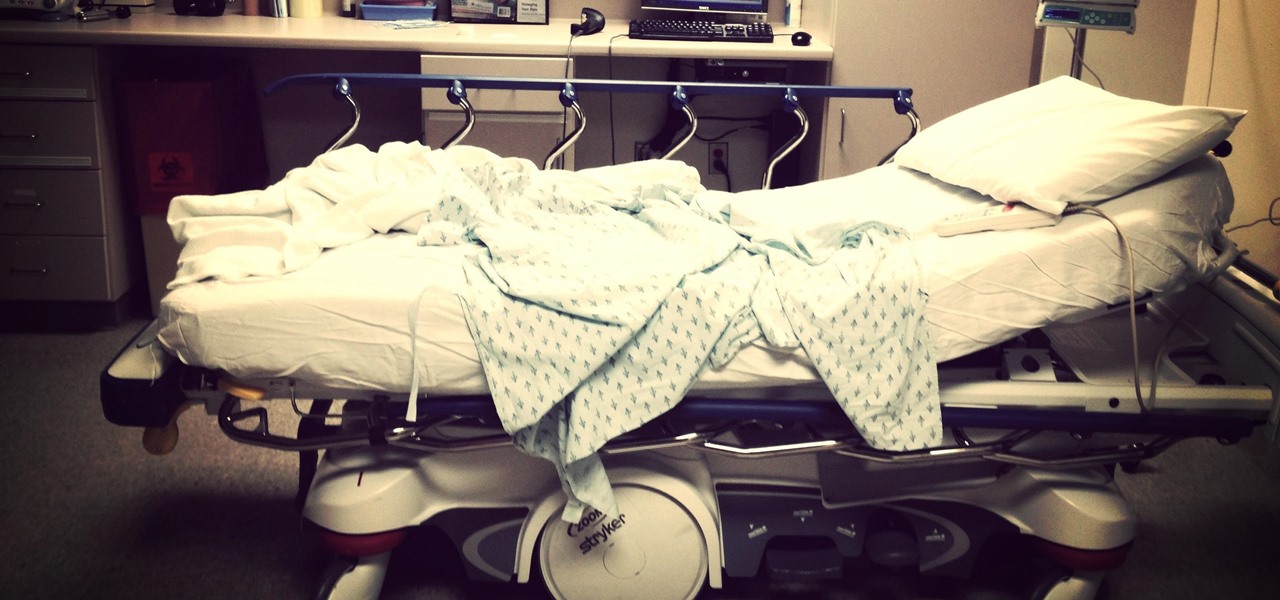
News: Another Reason to Wash Your Sheets—Deadly Hospital Fungus Linked to Moldy Linens
Six people have died from fungal infections in Pittsburgh hospitals since 2014—that fact is indisputable. The rest of the situation is much vaguer. A lawsuit has been filed against the hospitals on behalf of some of the deceased patients, alleging that moldy hospital linens are to blame. While the lawyers argue over who's at fault, let's look at how this could have happened.

News: If You're Low on Vitamin D, Supplements Can Help You Fight Off Colds & Flu
Some studies have shown that vitamin D supplements help fight respiratory infections, but some haven't. A new study published in The BMJ clarified the confusion, and identified a group of people that might be better able to fight off colds and flu with vitamin D supplements.
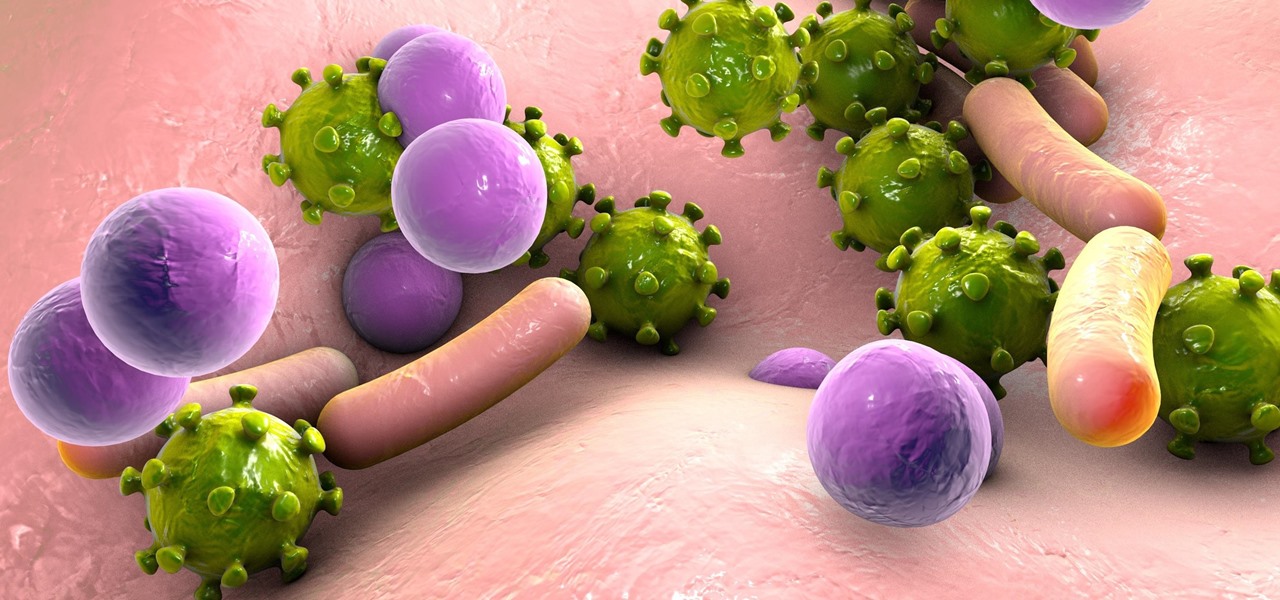
News: HIV Co-Opts the Body's First Line of Defense—Using It as a Shuttle to Take Over
A new study just out reveals that HIV takes hold in the human body with the help of cells that usually work to heal, not kill.

News: A Beach Infected with Fecal Coliform Can Ruin Your Vacation, but Seagrasses Can Save the Day
Seagrass may help your favorite beach stay a little less toxic. A new study, led by Joleah Lamb, a postdoctoral researcher in the Harvell Lab at Cornell University, found that coastal seagrasses reduce levels of pathogens dangerous to humans and marine organisms in near-shore waters.

News: Use This Type of Repellent to Avoid Mosquitoes—& Zika
Responding to the emergence of Zika in the US, researchers investigated what type of repellent works best to reduce your odds of a mosquito bite from Aedes aegypti, the mosquito species that spreads the Zika virus.
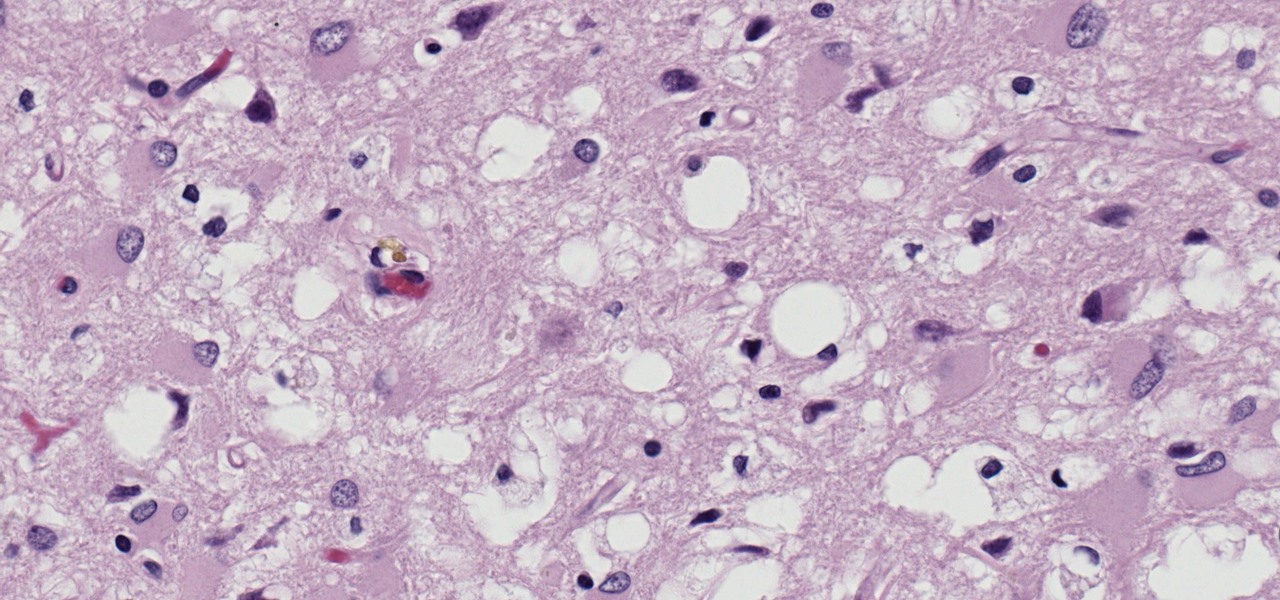
News: We've Finally Developed a Test for Mysterious Prion Diseases— Parkinson's & Alzheimer's Could Be Next
Prion diseases are a group of infectious brain diseases that causes extensive tissue damage, resulting in sponge-like spaces in brain tissue. Prions include Creutzfeldt-Jakob disease in humans, bovine spongiform encephalopathy (often called mad cow disease), and chronic wasting disease in hoofed ruminant mammals.
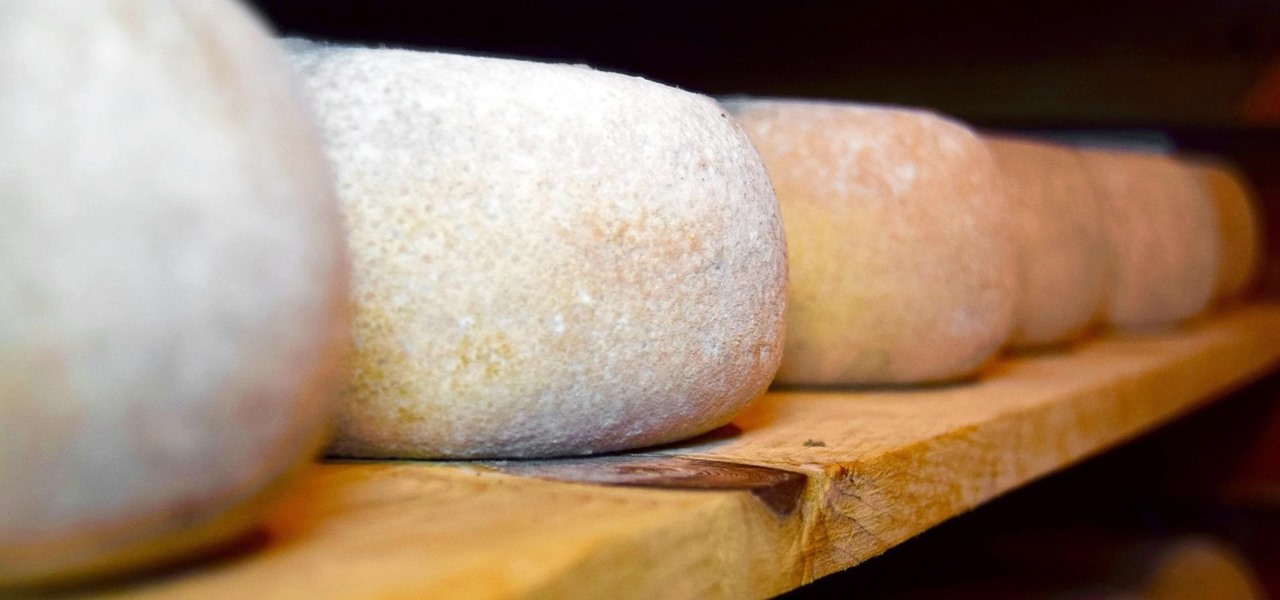
News: 14 Types of Bacteria & 10 Strains of Fungus Are Responsible for All the Delicious Flavors of Cheese
If you want to appreciate the value of microbes, look no further than a chunk of cheese. Because cheese roughly traces back to the Neolithic Era, we might say the earliest cheesemakers were the first humans to manipulate microbes—without even knowing it. Now, thanks to microbiologists and the long tradition of cheesemaking, we know a lot more about the microbes that make our favorite types of cheese possible.

How Epidemics Happen: The Terrifying Reality of Superspreaders
Jostled in the airport, someone is coughing in line. The air looks empty but it is loaded with microbes that make their way into your body. You get sick. You give it to your family, and that's pretty much it. But what if you were so contagious that you spread it to your entire community and beyond?
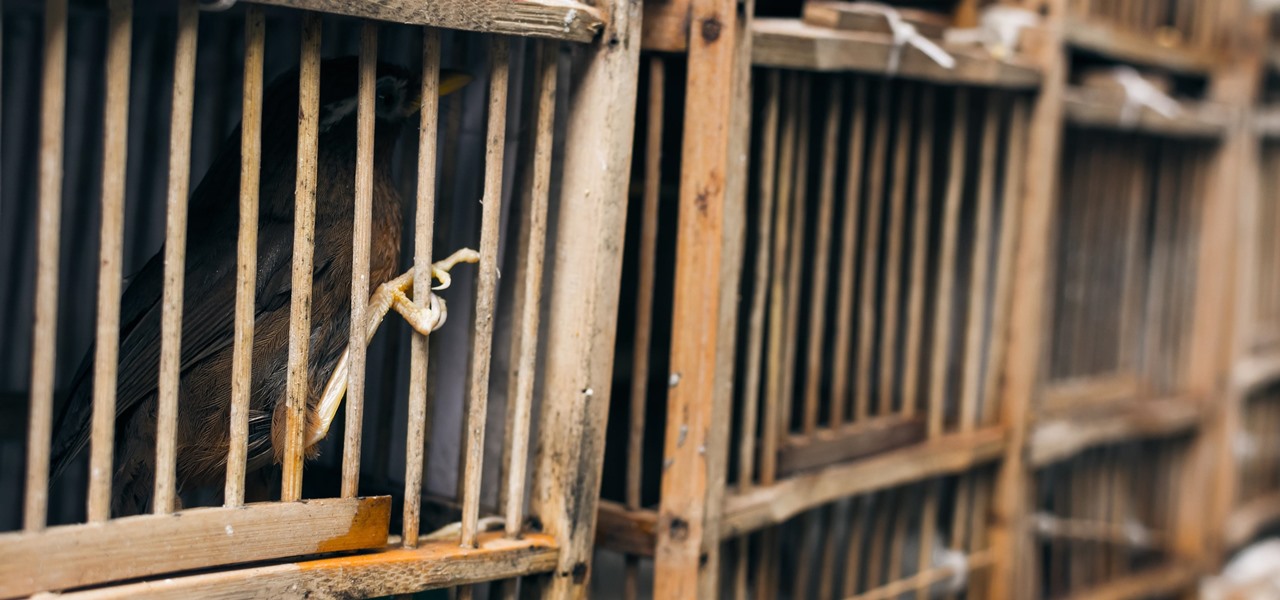
News: Bird Flu Is Circling in China Again—Here's How It Could Develop into an Outbreak
Avian flu is making the news again with new human cases in China reported in January. What does "avian flu" mean to you—and how dangerous is it?

News: This Bacteria Could Be a Signal That Your Baby's Coming Early
The rate of preterm birth has been increasing in the United States for unknown reasons, causing increased health risks for infants born too soon. But researchers may have found a signal that could help doctors plan ahead for, or even prevent, early birth with a simple swab of the vagina and cervix during pregnancy.

News: Bioprospectors Make Unique Discovery INSIDE a Coal Fire That Makes an Antibiotic Better
Scientists are constantly on the search for new organisms, species, and other types of life. A special group of these researchers, calling themselves "bioprospectors," dive deep into mines to find unique lifeforms with special properties not found anywhere else.
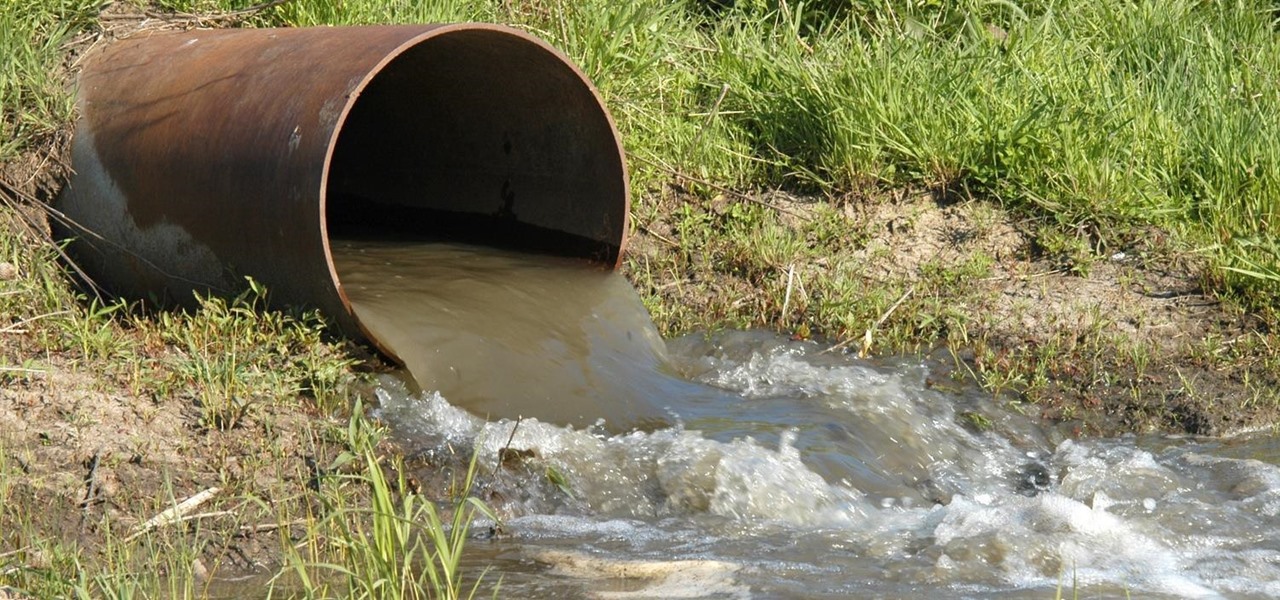
News: These Special Sewage Bacteria Can Turn Dirty Water into Energy
Some bacteria can already do it—generate electric current, that is—and those microbes are called "electrogenic." Now, thanks to the work of a research group from the University of California, Santa Barbara, we know how to easily turn non-electrogenic bacteria into electricity producers.
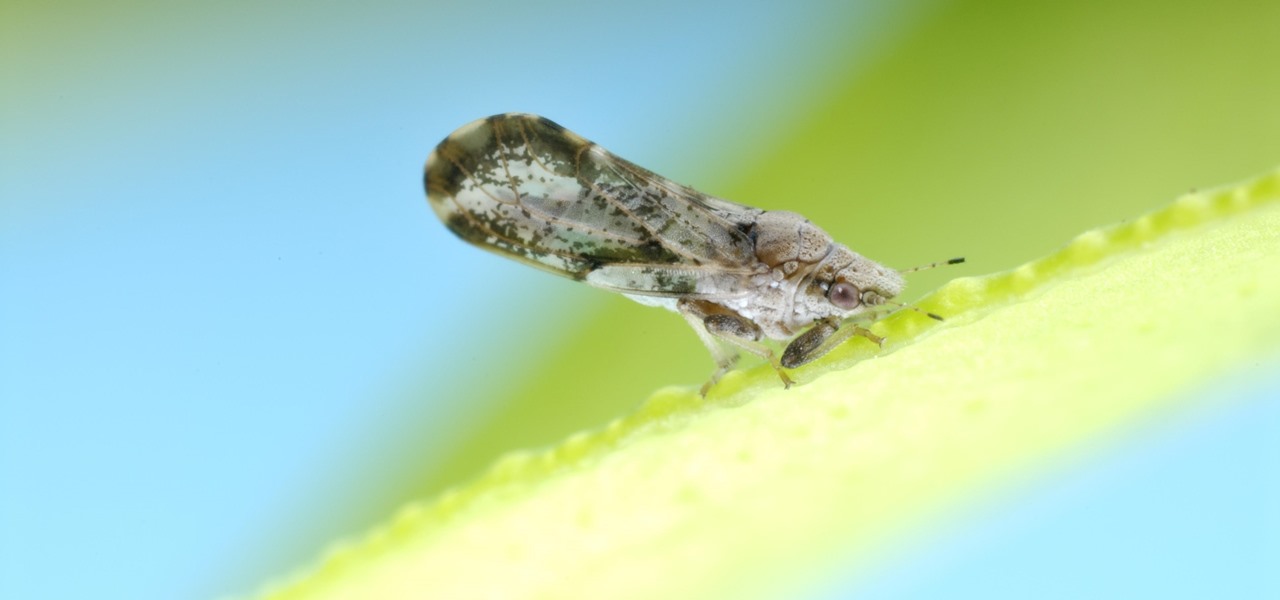
Bye Bye, OJ: How a Blue-Bellied Insect Helps Bacteria Kill Off Citrus Crops
A tiny louse is responsible for decimating the citrus industry. Diaphorina citri, the louse in question, better known as the Asian citrus psyllid, harbors and spreads the "Candidatus Liberibacter asiaticus" bacteria that causes citrus greening disease.
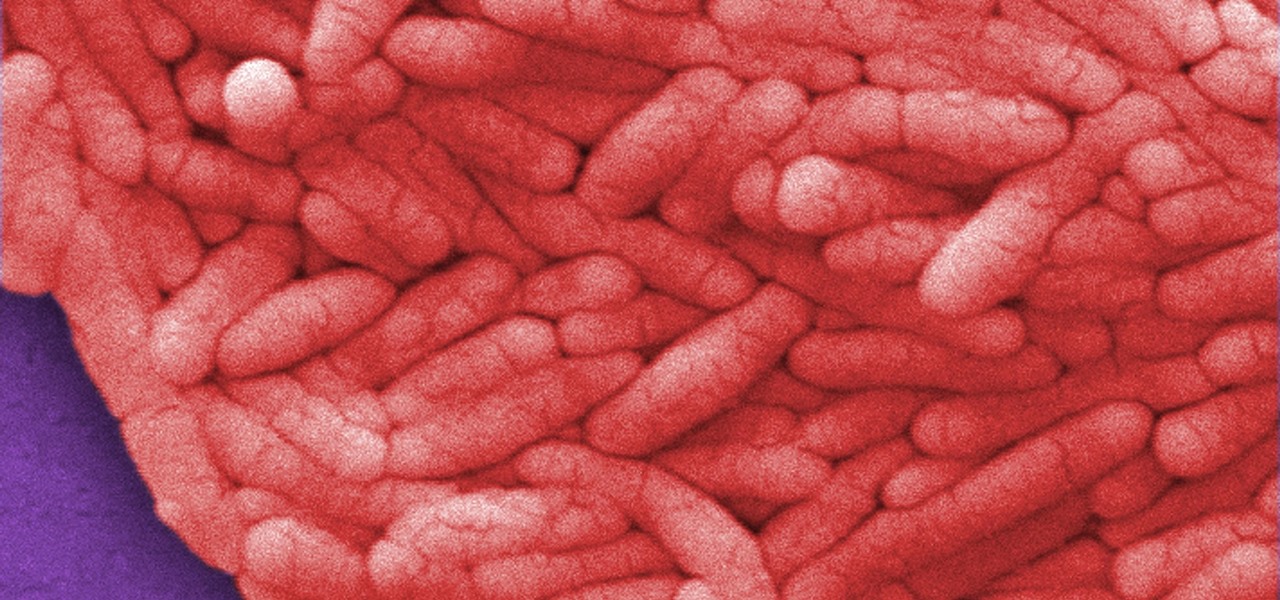
News: New 'Trojan Horse' Salmonella Bacteria Kills Tumors Instead of Making You Sick
We usually associate Salmonella bacteria with a dangerous type of food poisoning, but they actually are pretty good at seeking out tumors. That trait made the bacteria a great candidate to deliver a protein that would help knock tumors out.

News: Fighting Nightmare Bacteria Is Like a Game of Whack-a-Mole—It Keeps Popping Up in Unexpected Places
The pathogen referred to as a "nightmare bacteria" is quietly adapting and spreading faster than anticipated.

News: Latest Research Cements Link Between Climate Change & West Nile Outbreaks
A recent study underscores a connection between climate change and infectious disease, raising concerns about our quickly warming planet.

News: New Study Shows that Superbug E. Coli Gets Stronger & More Dangerous When Doctors Use the Wrong Antibiotics
Although their effectiveness is waning, antibiotics remain a front-line defense against many infections. However, new science reveals using the wrong antibiotic for an infection could makes things much worse.

News: New Research Shows How Flesh-Eating Leishmania Parasites Hide in Our Bodies to Fight Future Infections
Transmitted by a sandfly one-third the size of a mosquito, parasitic Leishmania protozoa are responsible for a flesh-destroying disease that kills an estimated 20,000 people per year. Two new studies offer understanding of how the parasite provides immunity through persistence and why some people suffer more virulent forms of the disease.

Tips for Cold Season: How to Spread Fewer Germs When Sneezing
What's in a sneeze? Quite a lot—dirt, mucus, and infectious germs—it seems. And sneezing the right way can reduce the germs you share with neighbors.
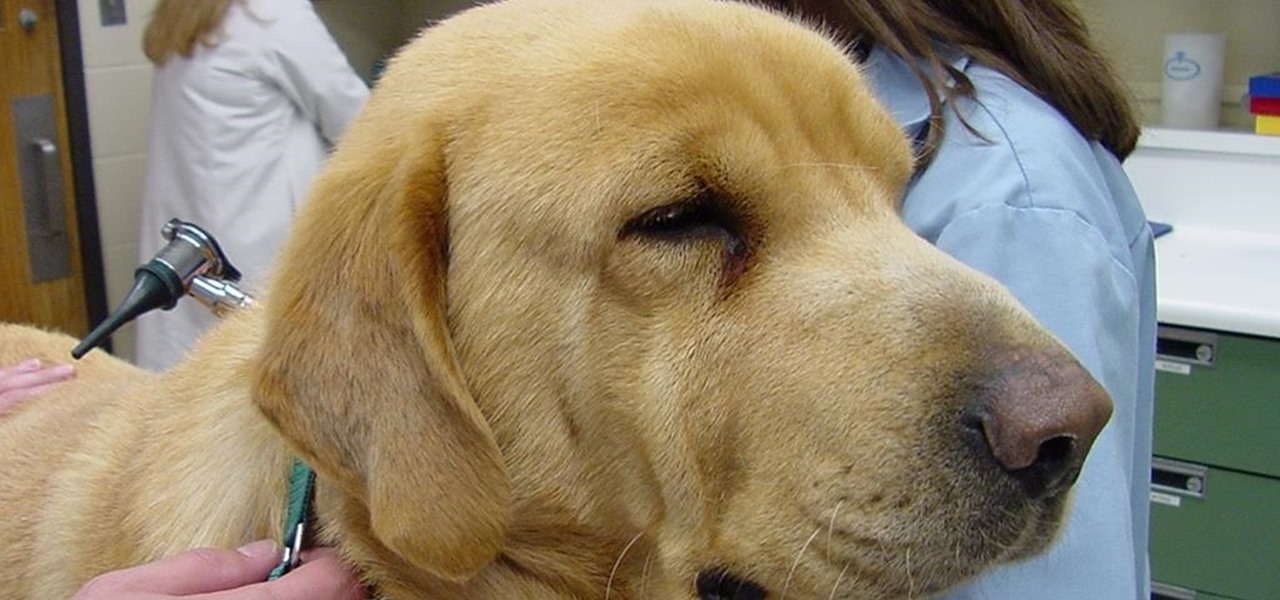
News: New Doggy Flu Vaccine Could Stop Outbreaks, Keep Pets Healthy
You know the signs—sneezing, fever, nagging cough, no energy, no appetite. It's the flu, but this time, it's your dog who's down and out. Yes, dogs get the flu, too. However, a team from the University of Rochester Medical Center and their collaborators have developed a new vaccine that may make the doggy flu a thing of the past.

News: Researchers Have Just Discovered How a Hospital Fungus Forms Slime, Becomes Drug Resistant & Kills Patients
It hasn't even been eight years since Candida auris was discovered—cultured and identified from the ear canal of a patient in Japan—and now it's drug-resistant, setting up residence in hospitals, killing patients, and wreaking havoc across the globe.

News: Research Published in mBio Shows How Gut Bacteria Can Help Chubby Dogs Live a Better—& Longer—Life
As fun as it is to see Fido's face light up when you feed him table scraps, American dogs are getting fat. The good news is that research is homing in on nutritional strategies to boost canine capabilities to maintain a healthy weight.
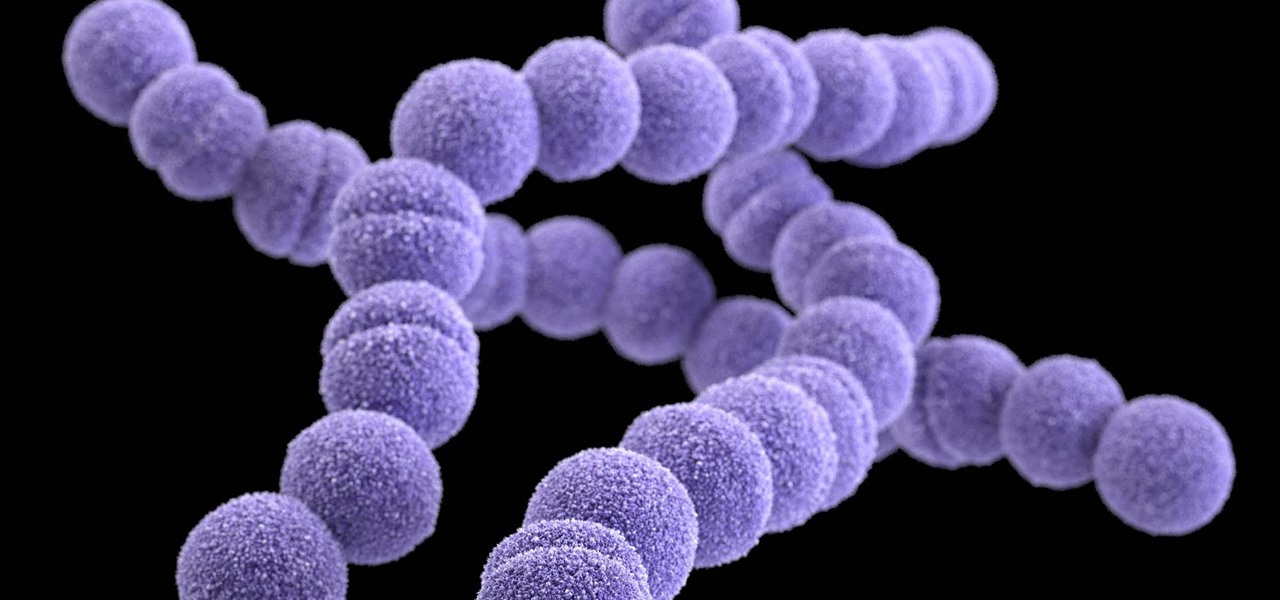
News: New Finding Shows How Deadly, Flesh-Eating Strep Toxins Help the Bacteria Burrow Deeper into Tissues
Where in the world did it come from? All of a sudden, one day, someone had an infection with flesh-eating bacteria. It captured headlines and worldwide attention because it was such a severe, strange, uncontrollable, and really disgusting condition.

News: Chronically Missing Just 1 Hour of Sleep a Night Makes Your Body Ripe for Sickness, New Study Says
Sleep lets our body processes rest and restores us for the next day, so a bad night's sleep can ruin the following twenty-four hours and even make us feel sick. Now, new research published in the journal Sleep cements the idea that loss of sleep actually leaves us vulnerable to sickness.

News: Wine Research Study Reveals How to Make Better Booze by Dosing Yeast with Nitrogen
Ah, wine. The bouquet fills your nose. The rich finish fills your mouth with soft flavors of oak and raspberries. The wine warms your belly and soothes your mind. Yeast and their biochemical factory help create this feast for your senses. Thanks to a research group from France, we now have a little more information on how that process works and a little more appreciation for yeast's contribution.

News: New Study Says Stopping Slimy Biofilms Could Save Thousands a Year from Legionnaires' Disease
In the summer of 1976, 4,000 American Legionnaires descended upon the Bellevue-Stratford Hotel in Philadelphia, Pennsylvania, for a four-day convention. Several days later, many of the attendees experienced symptoms of severe pneumonia. By the beginning of August, 22 people had died. The Centers for Disease Control and Prevention (CDC) estimate that about 180 people were sickened and 29 people died before this mysterious outbreak burnt out.

News: New JAMA Study Shows That Testing Gut Bacteria Can Predict Risk of Heart Attack
It feels like someone reached into your chest and squeezed. Your head throbs in unison with your heartbeat. Clammy dread coats your body in sweat. Whether you call 911 or someone does it for you, the ER is your next stop.

News: New Study Unveils the True Story of Kuru, a Fatal Brain Disease Spread by the Cultural Practice of Eating the Dead
Kuru is called the shaking disease, its name derived from the Fore word for "to shake." Caused by an organism that infects the part of the brain that controls coordination, people afflicted with kuru shake uncontrollably.
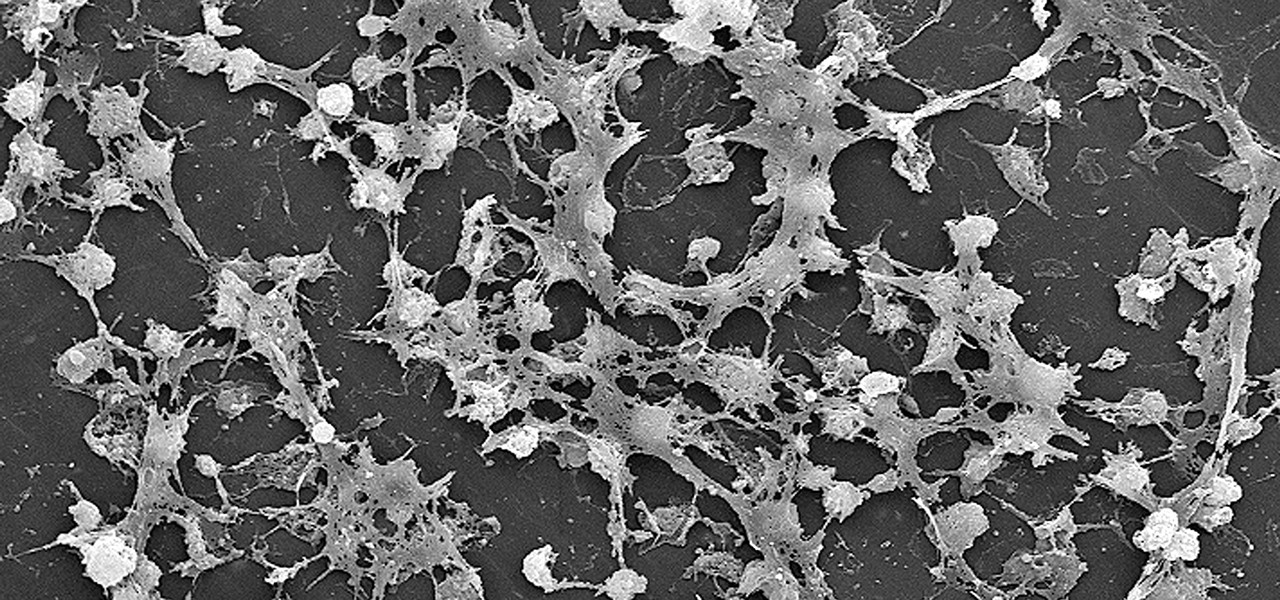
News: Dangerous Bacterial Films Communicate with Electric Pulses, Which Means We Could Zap Them to Interfere
Lighthouses and signal fires may have been the first social media. Without the ability to share language, a distant light meant "humans here." A new study from the University of California, San Diego, finds that bacteria can also send out a universal sign to attract the attention of their own, and other bacterial species.
